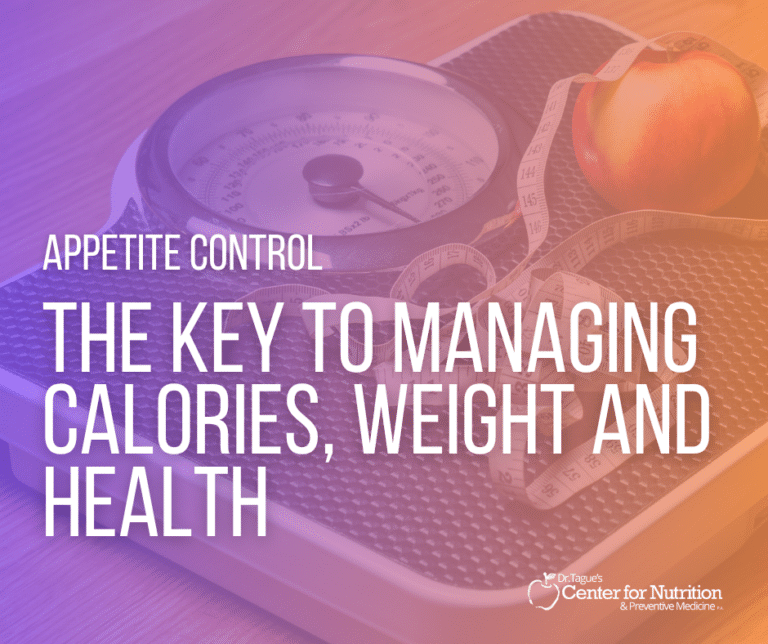Appetite goes far beyond the stomach-growling ache we know as “hunger”... you know, the gnawing feeling when our stomach is “crying” for food. Appetite is actually any motivation or desire to put calorie-containing substances into our mouths. It is increasingly rare for us in the U.S. to be so “hungry” that our stomach is in pain. Since food is literally everywhere and readily ... Continue
Calories & Weight Control: 3 Keys to “Manage The 1%”
Calories (the measure of energy contained in food) are the ONLY source of power for humans. In fact, calories energize human metabolism and human function in all its glory. Whether building muscle and bone, thinking thoughts, growing hair, or fighting disease-causing viruses and bacteria, only calories can meet our energy needs. ... Continue


